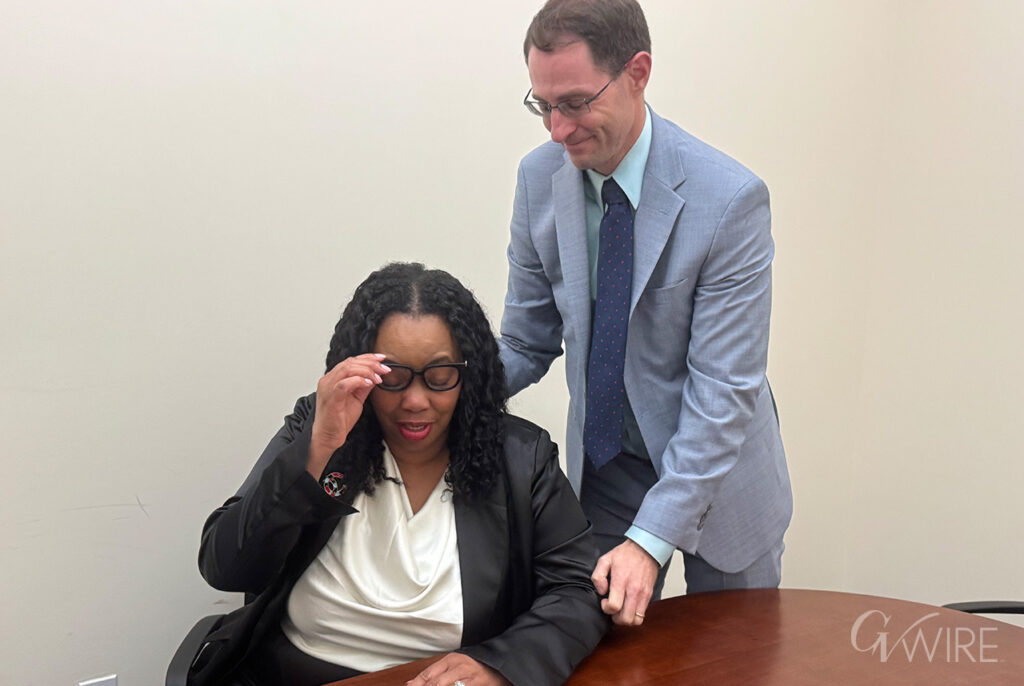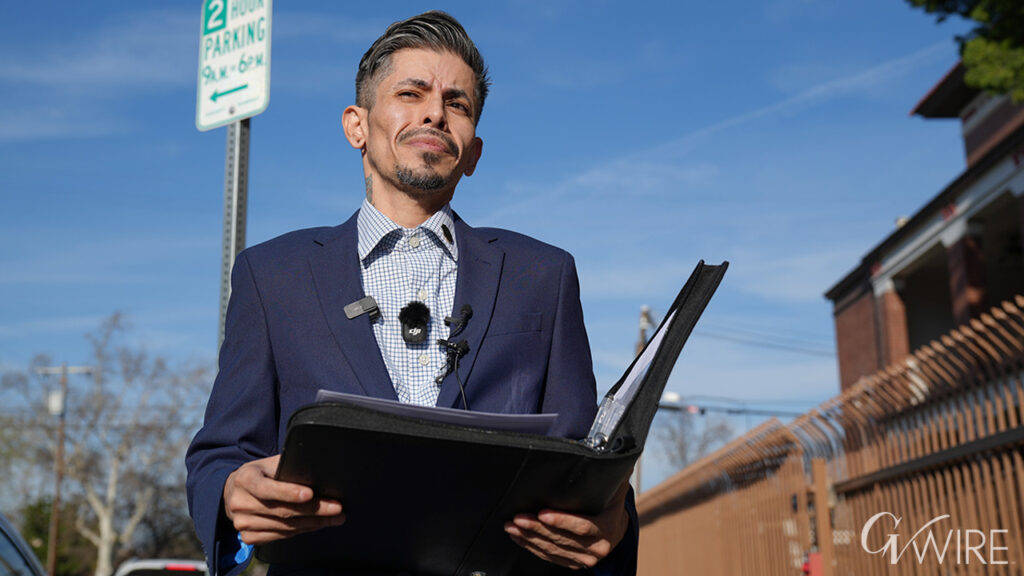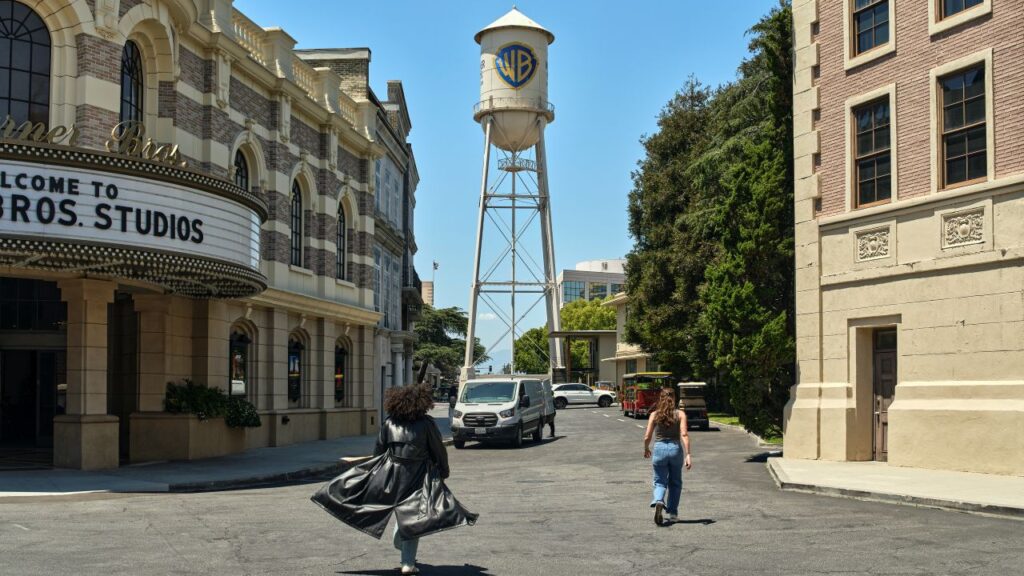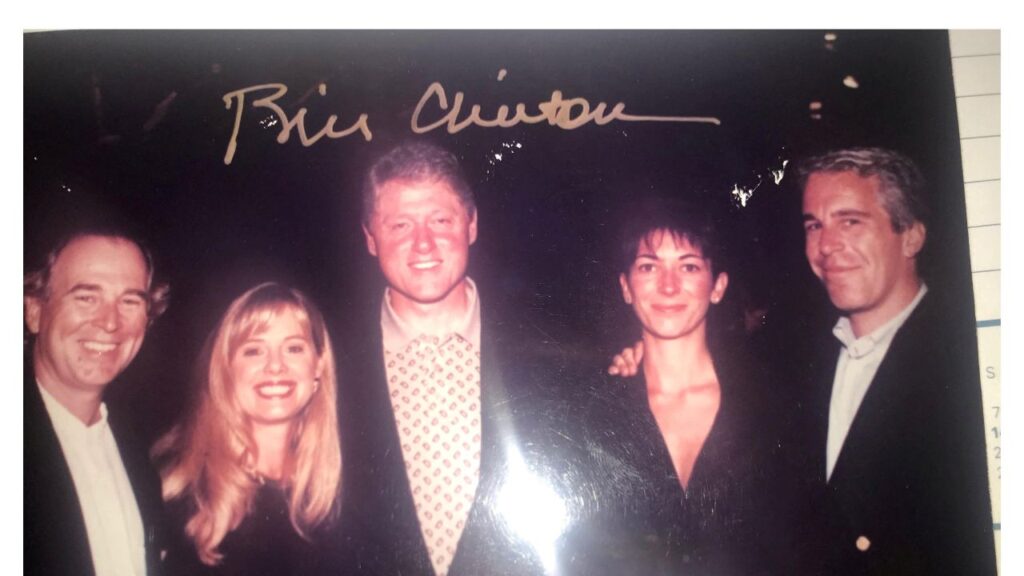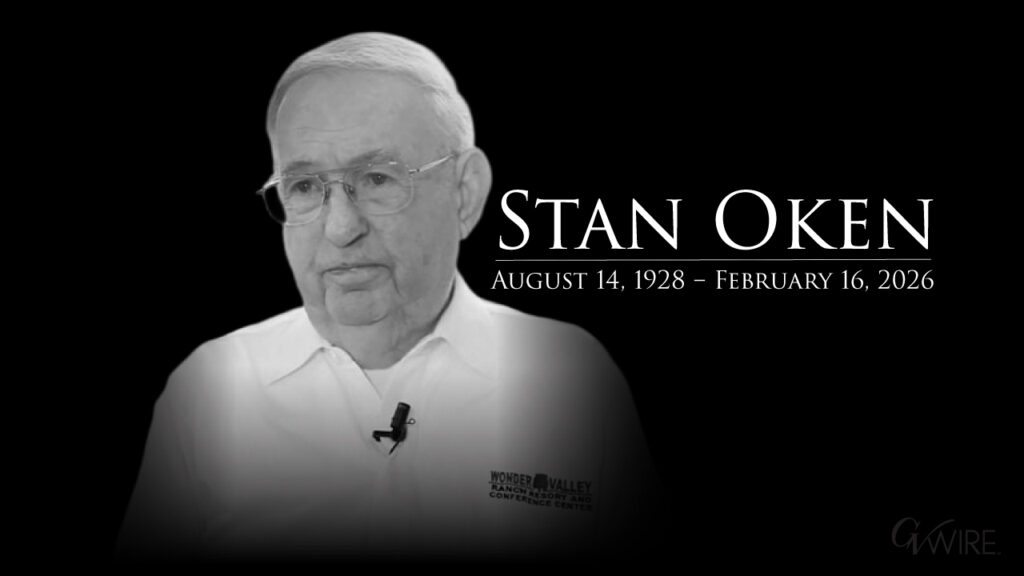Share
Starting Jan. 1, local elected leaders need to double-check their campaign accounts when voting on specific legislation. A new state law will significantly affect the size of contributions.
“The goal was to sever the tie between pay-to-play politics that unfortunately occurs in different parts of California,” said the bill’s author, state Sen. Steve Glazer, D-Orinda.
Going forward, any business that has a license, permit, or other entitlement in front of a government agency will only be allowed to contribute up to $250 to an elected official making that decision.
In other words, labor unions continue to wield huge influence over a Legislature controlled by the Democratic Party.
The current contribution limit in Fresno City Council races is $4,900 per election cycle; for the Fresno County Board of Supervisors, it’s $30,000. The city of Clovis and several school boards do not have set limits.
Signed by the governor in September, SB 1439 updates a 1982 anti-corruption law, to apply it to local elected leaders — such as county supervisors, city councilmembers, and school board trustees.
If developers are one major source of political contributions, labor unions would be right up there.
The law does not apply to labor contracts, competitive bidding, nor personal employment contracts, keeping those current exemptions.
“(The bill) wouldn’t have been successful in this current Legislature,” Glazer said, if the new limit covered union contributions, too.
In other words, labor unions continue to wield huge influence over a Legislature controlled by the Democratic Party.
Author: Bill is Fair
On its surface, the bill could limit the influence of local developers. Darius Assemi, the publisher of GV Wire and president/CEO of Granville Homes, is one of the top political contributors in local politics.
Glazer does not see any unfairness, with capping some contributions at $250, and in the case of Fresno City Council elections at $4,900.
“Is it infringing upon someone who’s trying to influence a council? Yes, it is. That’s the purpose of the law, to limit that influence,” Glazer said. “(Those contributing without business in front of a local legislative body) don’t have a selfish financial interest at stake in that choice.”
Applies to Local Governments
Starting with votes taken on Jan. 1, 2023, elected representatives may not take more than $250 for 12 months after the vote on a license, permit, or other entitlement.
“License, permit, or other entitlement for use means all business, professional, trade, and land use licenses and permits and all other entitlements for use, including all entitlements for land use, all contracts (other than competitively bid, labor, or personal employment contracts), and all franchises,” the law reads.
“The goal was to sever the tie between pay-to-play politics that unfortunately occurs in different parts of California.” — State Sen. Steve Glazer
Current law applies to non-elected leaders with decision-making power, such as planning commission members. Corruption, experts say, could happen when those members would run for office and accept contributions from those with business in front of them.
Glazer’s bill now extends the anti-corruption provision to local elected leaders. An elected leader would have to recuse himself or herself from votes, return the excess contribution, or face potential fines from the Fair Political Practices Commission, the state agency tasked with refereeing campaign finance violations.
Glazer does not anticipate a problem where a majority in a given agency have to recuse, possibly creating a situation where a quorum is not established.
“There’s a cure provision in the bill. So if you become aware of the conflict, you have the ability to cure it by returning the funds,” Glazer said.
If unexpected problems pop up with any part of the bill, Glazer said that he is willing to seek fixes.
Also, contributions in the prior 12 months must not exceed $250. That means, even though the law is still two months away, contributions made in the last year could affect future votes.
Glazer said the FPPC would be one of several agencies to enforce SB 1439. Others would include county district attorneys or the state attorney general.
For the Clovis Unified school board, it will be up to the trustees to determine if they are eligible to vote.
“Individual board members are also responsible for managing their campaign finances and remaining within the boundaries of the law and our conflict of interest policy,” district spokeswoman Kelly Avants said.
A city of Clovis spokesman said the city attorney would help with compliance.
A look at financial reports for Fresno City Councilmembers shows several members receiving support from entities that may have business in front of the council.


No Opposition
The bill did not receive a single “no” vote, nor was there any organized opposition.
“There’s growing recognition that confidence in government comes from a process that is above reproach,” Glazer said.
Most of the support came from good government groups. California Common Cause supported the law and celebrated when the law was signed.
“Our democracy belongs to the people, not the highest bidder,” said Jonathan Mehta Stein, executive director of California Common Cause, said in a news release. “This legislation gives power back to Californians by holding our local leaders accountable to the people they serve.”
California Common Cause pushed for the bill after revelations of major contributions to elected officials for land use votes. These include the cannabis industry contributing in the city of Lynwood; and the owner of the Los Angeles Rams contributing to the Inglewood city government before the approval of SoFi Stadium.
Is There a Loophole?
There are other ways developers and others with public business can contribute to a candidate.
”They can put their money into independent expenditures. But the fact that it is impossible to address some problems in our campaign finance system, thanks to Citizens United and the Supreme Court, doesn’t mean we shouldn’t try to fix the problems that it is possible to address. This law will hopefully stop the most direct and most blatant examples of quid pro quo we have seen in recent local political scandals,” Mehta Stein told GV Wire.
Glazer says the bill would not preclude political action committees from contributing to elected leaders or candidates.
“There is the potential for examination to see whether that political action committee is simply a conduit for some or an individual that has applied for a license. So I think you do that at your own risk,” Glazer said. “I think there’s a clear flashing red light to an elected leader to be aware of where contributions are coming from.”
Local Delegation: Most Republicans Avoid Votes
The bill passed the state Assembly 66-0 and the state Senate 32-0, both on Aug. 31.
The local delegation split almost along party lines: all Democrats voted in favor; most Republicans did not cast votes. The only GOP “aye” vote: Devon Mathis of Porterville.
Voting in favor: Assembly — Joaquin Arambula, D-Fresno; Adam Gray, D-Merced; Rudy Salas, D-Bakersfield; Devon Mathis, R-Porterville; Senate — Anna Caballero, D-Merced; Melissa Hurtado, D-Bakersfield.
Not voting: Assembly — Frank Bigelow, R-O’Neals; Vince Fong, R-Bakersfield; Jim Patterson, R-Fresno; Senate — Andreas Borgeas, R-Fresno; Shannon Grove, R-Bakersfield.







